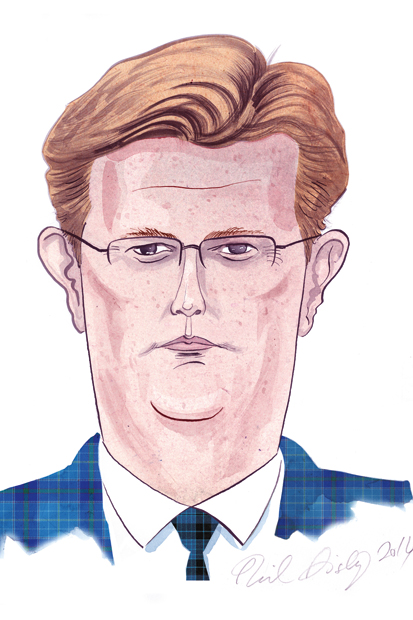When the small boats crisis began, it was seen by some in government as a positive sign. ‘It was an emblem of success,’ says Robert Buckland, who was solicitor general at the time. ‘If you remember, the previous mode of entry for migrants was on lorries.’ Heat scanners had been introduced at the Channel Tunnel in 2015, which meant more stowaways were being caught.
Already a subscriber? Log in
Subscribe for just $2 a week
Try a month of The Spectator Australia absolutely free and without commitment. Not only that but – if you choose to continue – you’ll pay just $2 a week for your first year.
- Unlimited access to spectator.com.au and app
- The weekly edition on the Spectator Australia app
- Spectator podcasts and newsletters
- Full access to spectator.co.uk
Or
Unlock this article
You might disagree with half of it, but you’ll enjoy reading all of it. Try your first month for free, then just $2 a week for the remainder of your first year.














Comments
Don't miss out
Join the conversation with other Spectator Australia readers. Subscribe to leave a comment.
SUBSCRIBEAlready a subscriber? Log in